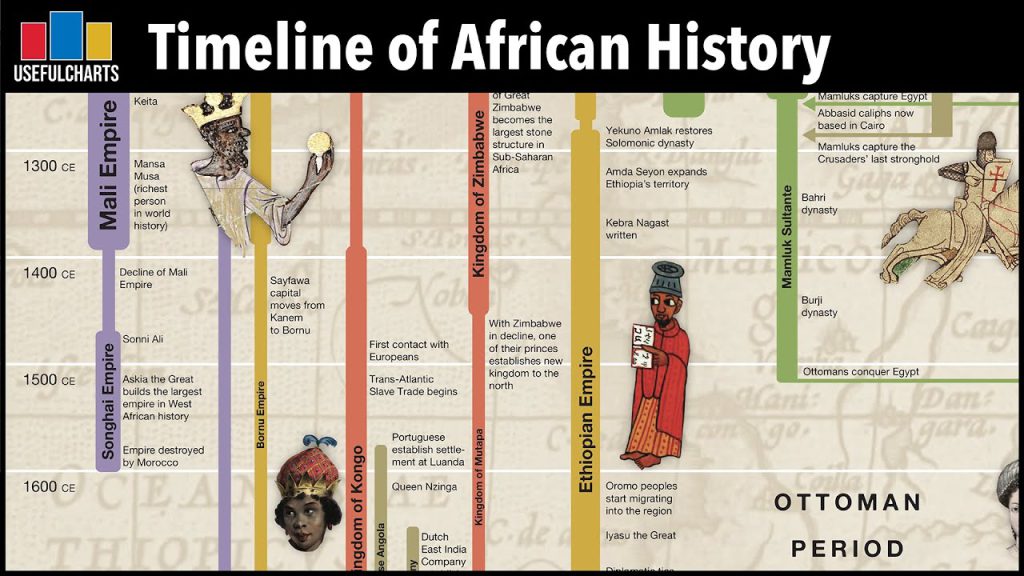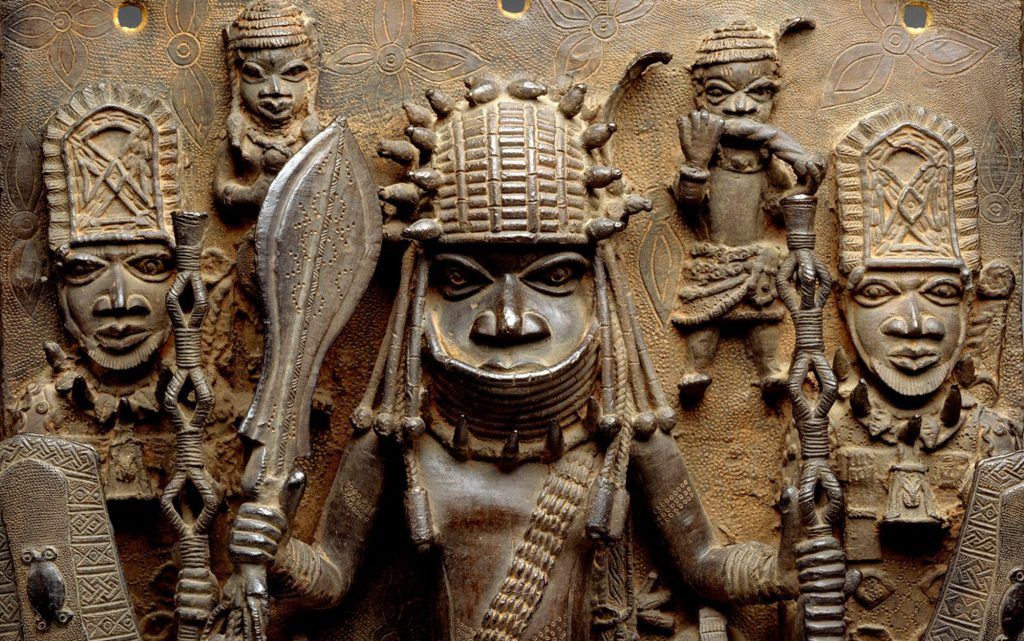Shimbo Pastory
This article was published in The Citizen Newspaper on 5th July, 2022
Regardless of narrow chances of roundtable concordance, it is widely known that history affects who we become. But there is also another effect which has not been a major concern among many, which is that history affects what we think about ourselves, in other words, our perception of who we are, and what we are capable of achieving.
African ontologies share a general crossroads, an understanding that the being of the present people is momentously associated with the being and reality of the foreparents and ancestors.
As such, our understanding of who we are has a historical perspective, because ‘we’ includes even our ancestors and fore-parents.
Hence at the mention of ‘we’, the past, the present and the future generations all come to mind; that is, as a people, who we were, who we are, and who we will become.
History is very crucial in the unfolding of society and the progress of its people.
Animation, science, mysticism, art, literature and values are all effortlessly found in the history of the people, but only when it is rightly told.
While an energetic African man or woman will display valour and zeal in approaching life, deep within is a history that paints a different picture altogether. Since I remember, the history I was taught at school is about slavery, everything is linked to the same reality.
Germans, Arabs, the British, the Portuguese and Spanish conquistadores, and the scramble for Africa is all a history that upholds the defeat, powerlessness and debasement of African people.
A narrative of poverty, deprivation, hunger and anarchy is sold to the world through both descriptive and artistic literature. I learnt in school how deep slavery and the wounds left by slavery were. Thereafter I grew up to see that no one takes responsibility for such.

A Jamaican poet and musician Allan Hope, famous as Mutabaruka once said, “Slavery is not African history, but slavery interrupted African history.” Until today, however, this is what young people elsewhere grow up knowing, that black people are poor, hungry, and probably homeless and prone to criminal activities.
The mentality of dependence and inferiority will not end because we are taught history the way those who left us a system of education want us to learn it. It is a great shock to find that such a crucial component of global history as slavery is no longer being taught in schools in countries like Great Britain.
In policy, schools are not obliged to teach about Britain’s role in colonization and the slave trade. This predicts a time when people from different continents will fail to make meaningful discussions with matters that are historical, as history is manipulated, and diverted from public reach as it truly is.
Puzzling Discoveries
One would wonder how a Scottish explorer Mungo Park (1771-1806), in his youth, ‘discovered’ River Niger and its tributary, River Benue in Nigeria. The question here will be, how does one discover a river that has run for over 5000 years, through four different countries (by the modern geopolitical map) and which has had evidence of people living around it for centuries?
The word ‘discover’ in this matter has survived a ton of years, and it has become a widely accepted piece of information that Mungo Park discovered the River Niger. This and many other realities are taken for granted.
There is so much that is regarded as historical data, containing historical persons that truly lived, but presenting realities that are not unbeatably intelligible.
Communicating History
With the strategic suppression of indigenous languages by colonial masters, a substantial portion of history, traditions, and philosophy have been lost. While such will not be restored but with great difficulty, preserving the value and worth of the indigenous languages will spare a far-reaching drowning. There is a lot to preserve in what we have, especially in the traditional settings.
It is high time that society gets sensitized to know that speaking a foreign language is not a mark of being more learned, knowledgeable or civilized. Parallel with that, not being fluent or conversant with foreign Western languages is not a mark of ignorance. None affords anyone an advantaged opinion or position.
If our history cannot be recorded, preserved, narrated, taught, and learnt in our languages, how can our science, innovation, discoveries, and philosophy, be explored by the facility of the same? Social development goes hand in hand with empowering people with tools that are relevant, functional, and of productive use in their lives.
With signs of time, we young people, especially in Africa, need moral support assuring us that we are not condemned for the desperately disadvantaged receiving end of society.
The false image of people of African origin that has been tarnished by slavery and the false narratives associated with it, some of which have been dubbed and hailed as history, can be restored by proper advocacy and positive social support.
